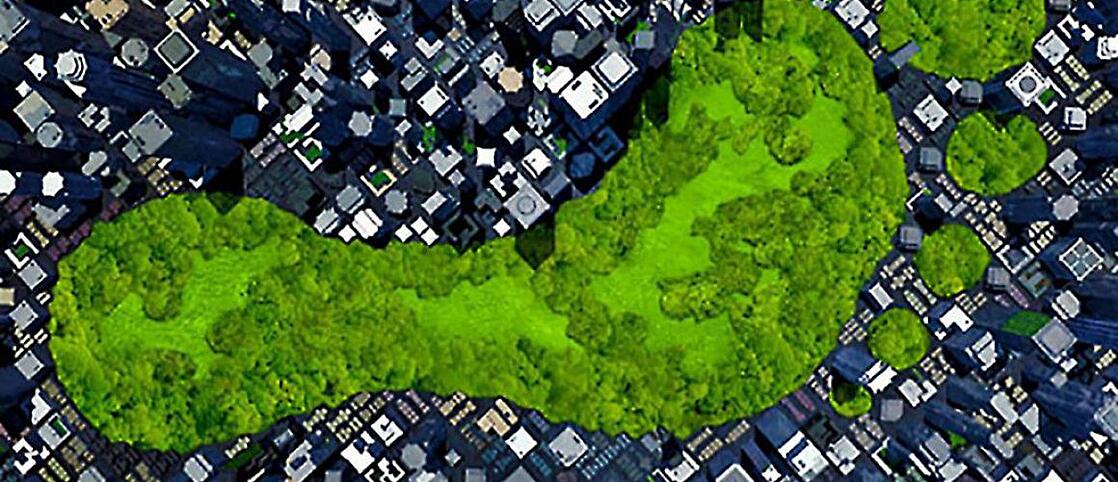
Reducing the carbon footprint
The precast industry is working hard to increase resource efficiencies, material recycling and environmental awareness.
In the following article we will analyze, and learn together, how precast concrete is building a better world and a healthier, sustainable environment for future generations.
The precast industry is working hard to increase resource efficiencies, material recycling and environmental awareness by adopting new, green technologies and initiatives to build sustainably.
Strictly controlled conditions.
Precast concrete is manufactured in plants under strictly controlled conditions, which means excellent resource efficiency for materials, labor, energy and processes.
For example, Hüga facilities are clean and productive, with computer-controlled for all processes. We take our commitment with the environment very seriously, and therefore, the Hüga family was conceived with, among others, the objective off lowering carbon emissions to the minimum, in order to reduce the carbon footprint.
Because of that, the Hüga family adopts the modular construction. A method were every stage and section of a construction is taken into account and optimized to the fullest. This reduces wasted materials such as steel from 10% in regular construction to an astonishing 0,4%. More over, the waste products are each taken care and recycled, and no materials are left on site polluting the environment.
Long term benefits.
Over 60 years, a concrete home emits up to 15 tons less carbon dioxide than a lightweight alternative, thereby providing an environmentally better long-term solution.
During its lifetime, precast concrete will effectively reabsorb much of the carbon dioxide that was used to create it in the first place. Precast units will naturally reabsorb the carbon dioxide used (or released to the atmosphere) in creating them by curing over time in a process called carbonation.
Working hard to cut emissions.
Many people don’t realize that cement and concrete are two different materials. Cement powder is only one constituent of wet or hardened concrete. It is true that making cement powder in a kiln requires a great dael of heat energy, but the amount of non-renewable fossil fuels used to produce this heat is being reduced. In fact, U.S. cement production consumes less energy than the steel and wood industries.
Local production facilities.
The local supply network for precast means travel distances are shorter and so the fuel used during transport is minimized. With the unprecedented high costs for fuel worldwide, savings in transportation costs bodes well for both the bottom line and the environment. Precast concrete is a viable, sensible and environmentally friendly option for reducing a project’s carbon footprint.
Energy efficiency.
Other important factors involved in the Hüga ecological objectives are high energy efficiently levels, since 30% of household’s energy consumptions are HVAC. Due to the exterior concrete shell, excellent insulation and high-quality windows, both the heat and AC losses are heavily reduced. Allowing for high energy efficiency and lower consumptions. So much so, that the yearly consumption is 40% less than the average household.
Finally, Hüga’s materials are eligible to be certified under the LEEDs (Leadership in Energy and Environmental Design) Certification. No chemicals or harmful products to both the environment nor the dwellers are added to the Hüga production process.
Thanks for reading this far, for more information on this and many other topics related to the construction industry, just write to us.
Construcción Modular General